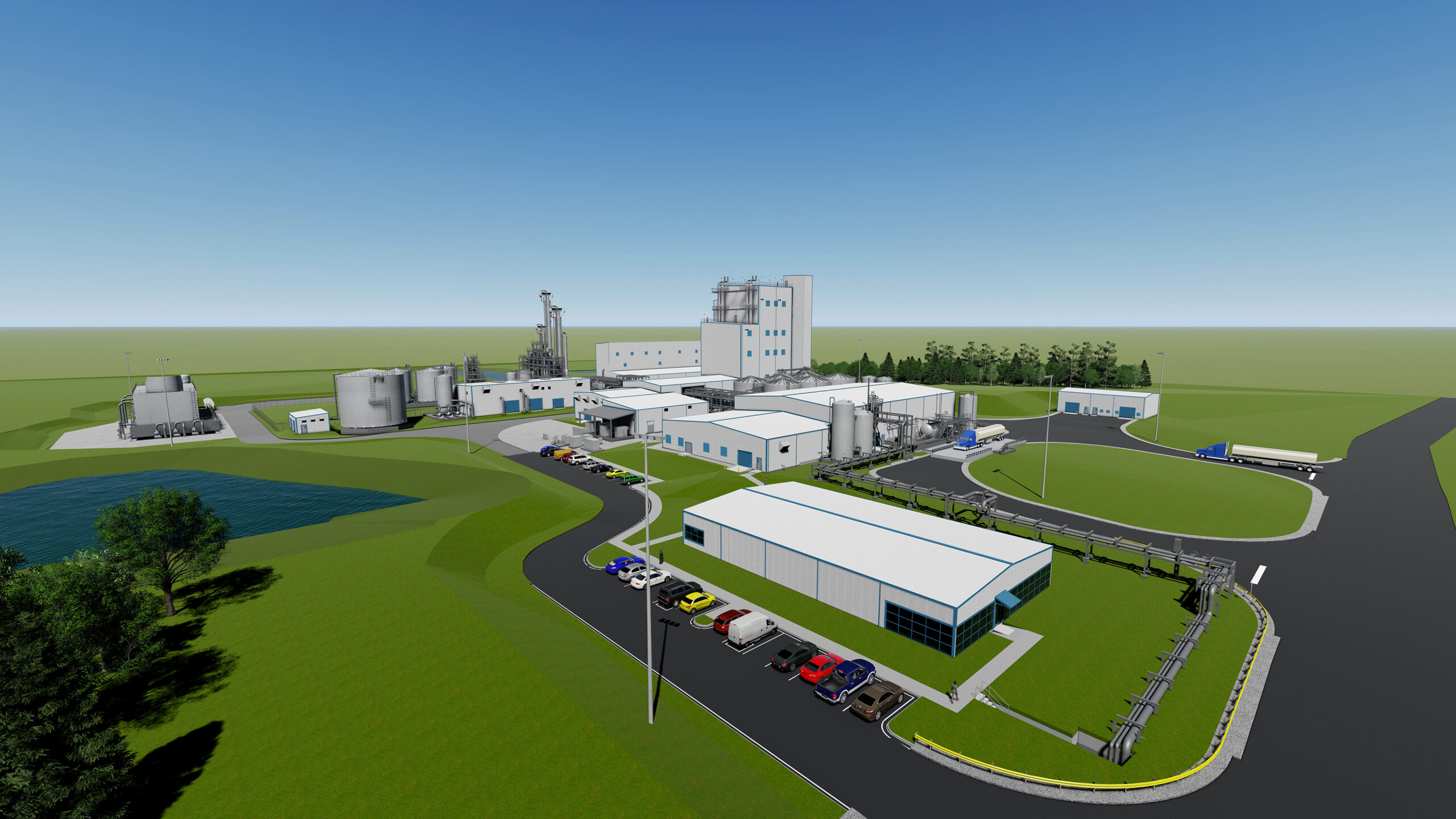Yes, I am still on a hiatus as I am currently moving to a different state. While I am not in a blogging mode, I do monitor the news within the renewable chemical space, and I think this recent announcement from BASF is worth writing about.
BASF reported on 20 September that it has obtained long-term access to Qore’s QIRA® bio-based 1,4-butanediol (BDO), which will be used to produce derivatives such as polytetrahydrofuran (PolyTHF®) and tetrahydrofuran (THF). US-based Qore, a joint venture of Cargill and HELM AG, is building a 65 ktpa corn-based BDO in Iowa under the QIRA® brand using the Geno (f0rmerly Genomatica) processing technology. This capacity is expected to start in 2024.
Qore is currently busy building offtake and product development partnerships for its incoming bio-BDO supply, including this recent news with BASF. The first commercial quantities for BASF’s consumption are expected to be available in Q1 2025.
According to BASF, QIRA® bio-BDO will enable the company to produce BDO derivatives with a product carbon footprint (PCF) lower than the corresponding fossil-based chemicals. Speaking of which, BASF also recently launched its “MyCarbonFootprint” digital app that contains data on over 700 selected large-volume BASF products, including pharma ingredients, amino resins, BDO and derivatives, acids, polyalcohols, acetylenics, carbonyl derivatives and amines.
MyCarbonFootprint informs customers about the individual cradle-to-gate PCF of the BASF products they purchase. The app indicates the share of renewable raw materials used in the manufacture of these products. The data is presented in a customized way for each customer: Depending on the purchased quantities of a selected product, MyCarbonFootprint calculates the CO2 emissions, the product carbon footprint and the share of renewable raw materials according to the respective customer’s purchasing portfolio at BASF.
Wouldn’t it be great to have a free-to-access database that provides this type of information from various chemical producers and suppliers? With BASF’s MyCarbonFootprint, customers can reportedly determine how adjustments in their purchasing portfolio affect their sustainability status in terms of CO2 emissions and the use of renewable raw materials. MyCarbonFootprint also shows BASF customers various alternatives to increase the proportion of renewable raw materials in the value chain by choosing a suitable product variant. BASF’s low-PCF portfolio includes, among others, bio-based or biomass-balanced products, which can help customers achieve CO2 emission reductions compared with fossil standard products.




